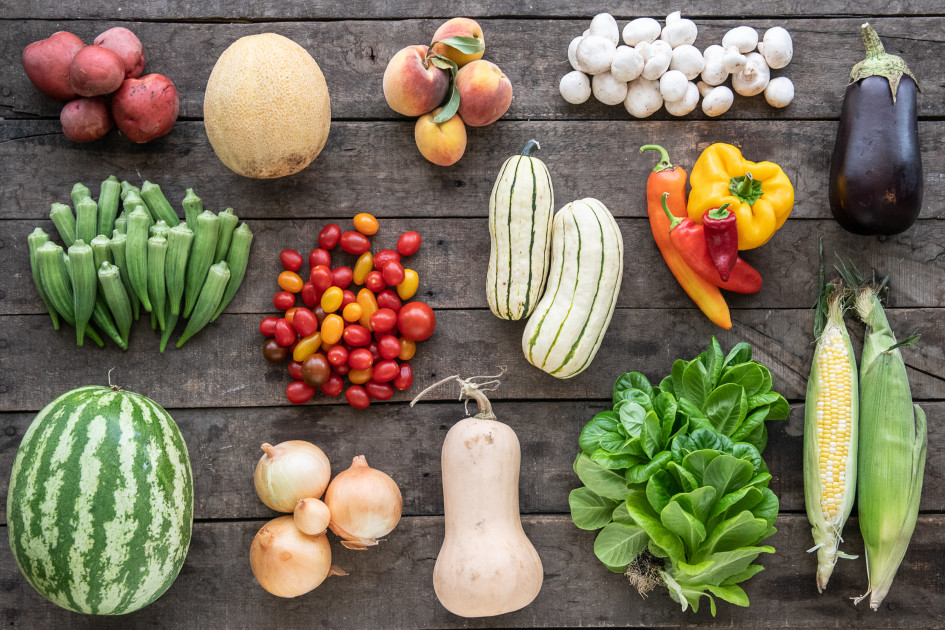Eating organic foods is a wonderful way to get good nutrition without the harmful pesticides and chemicals found in non-organic foods. But did you know that organic foods are actually more beneficial to your body?
Sure, there is much debate about the benefits of organic food. Many skeptics ask why this is such a big deal because they don’t see any difference between how their groceries look before and after going through an organic process.
Yet, it’s true that eating organic can vastly improve your overall health.
What you eat has a huge impact on the way your body works, how you feel, and how well you function and perform. The higher nutritional content and increased anti-oxidants in the organic produce you eat can go a long way toward promoting natural healing in your body. Here are some of the important differences between organic and non-organic produce:
Pesticides
- Non-organic produce is sprayed with chemicals to kill pests and diseases. These chemicals can remain on the produce until it reaches your home, where it can be ingested by you and your family even after washing. These pesticides may include neurotoxins that gradually build up and cause long-term health problems.
- Organic produce, on the other hand, isn’t doused with chemicals to kill pests. Organic produce farmers use birds and insects to keep harmful pests in check, or they may plant other flowers or plants nearby to repel the unwanted bugs. Other farmers may use natural or organic products to protect their plants from pests.
Fertilizers
- As with pesticides, non-organic produce is fertilized with chemicals that promote growth but can be harmful to humans. Organic farmers use natural methods, like organic manure, to fertilize their crops. Compost is also used to promote strong, healthy plants.
Herbicides
- Weeds are a problem for all produce farmers, but non-organic farmers use chemicals to kill the weeds that invade their crops. Organic farmers use less harmful methods to rid their fields of weeds. Mulch, hand weeding, and tilling are organic ways to keep weeds at bay.
Conservation Methods
- Organic farmers work to conserve the environment in which their crops grow. They rotate their crops to avoid depleting the soil, gather rainwater to provide irrigation, and reduce pollution in their farming techniques. Non-organic farmers put less emphasis on the environment and more emphasis on the bottom line.
At Optimum Health Institute, we serve only 100% certified organic foods. To learn more about our holistic healing programs in San Diego and Austin, visit Optimum Health Institute online or call us today at (800) 588-0809.

